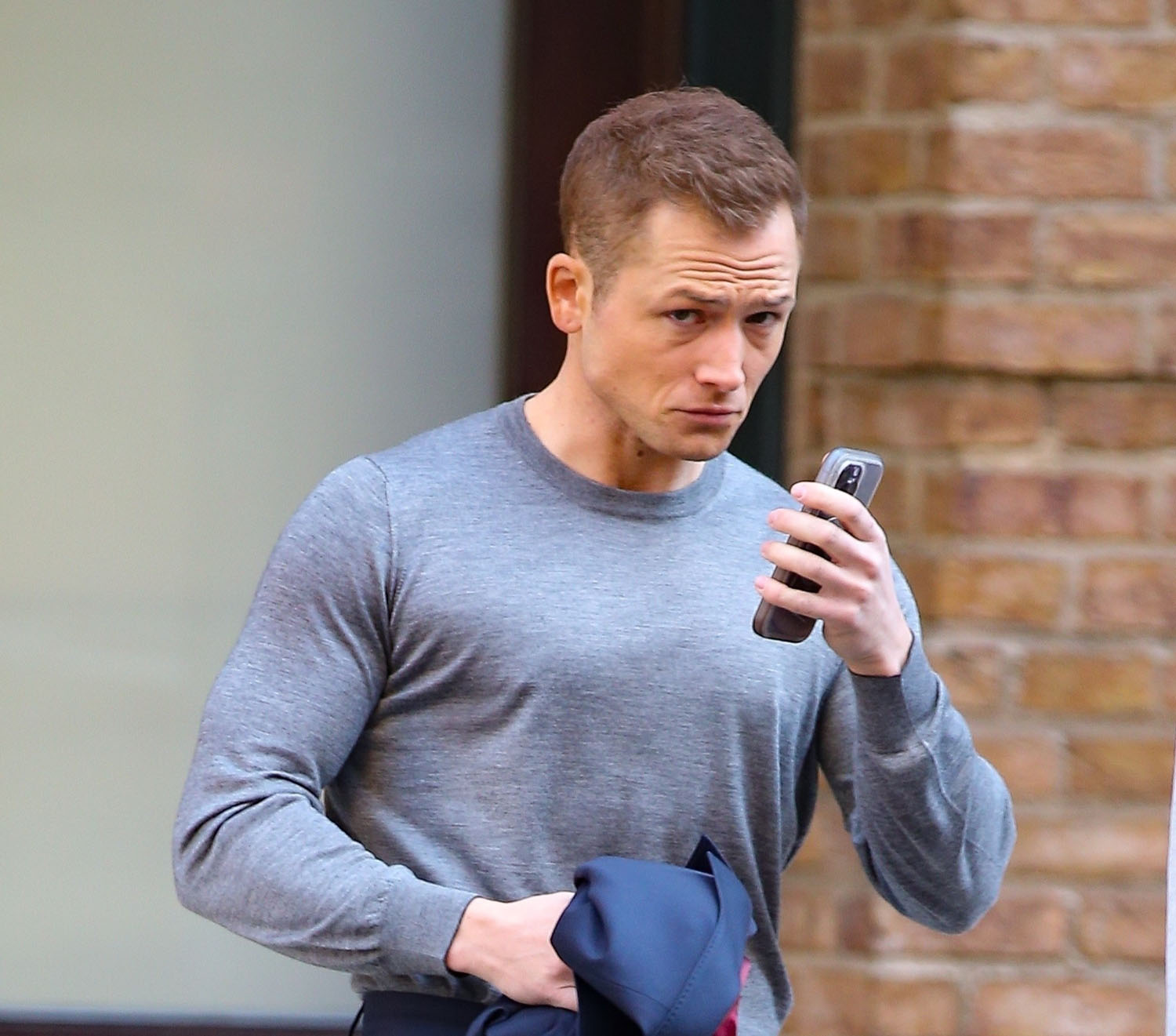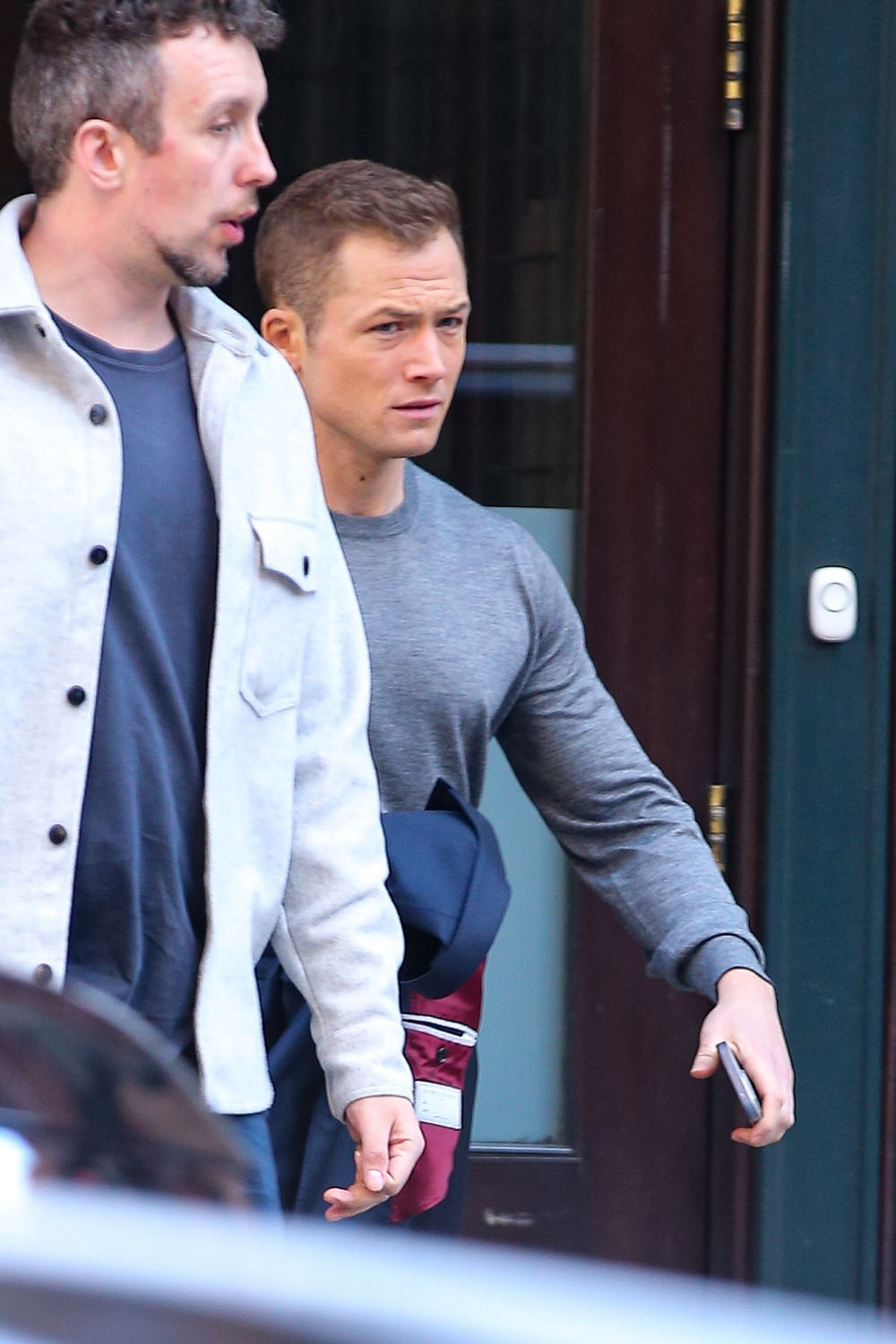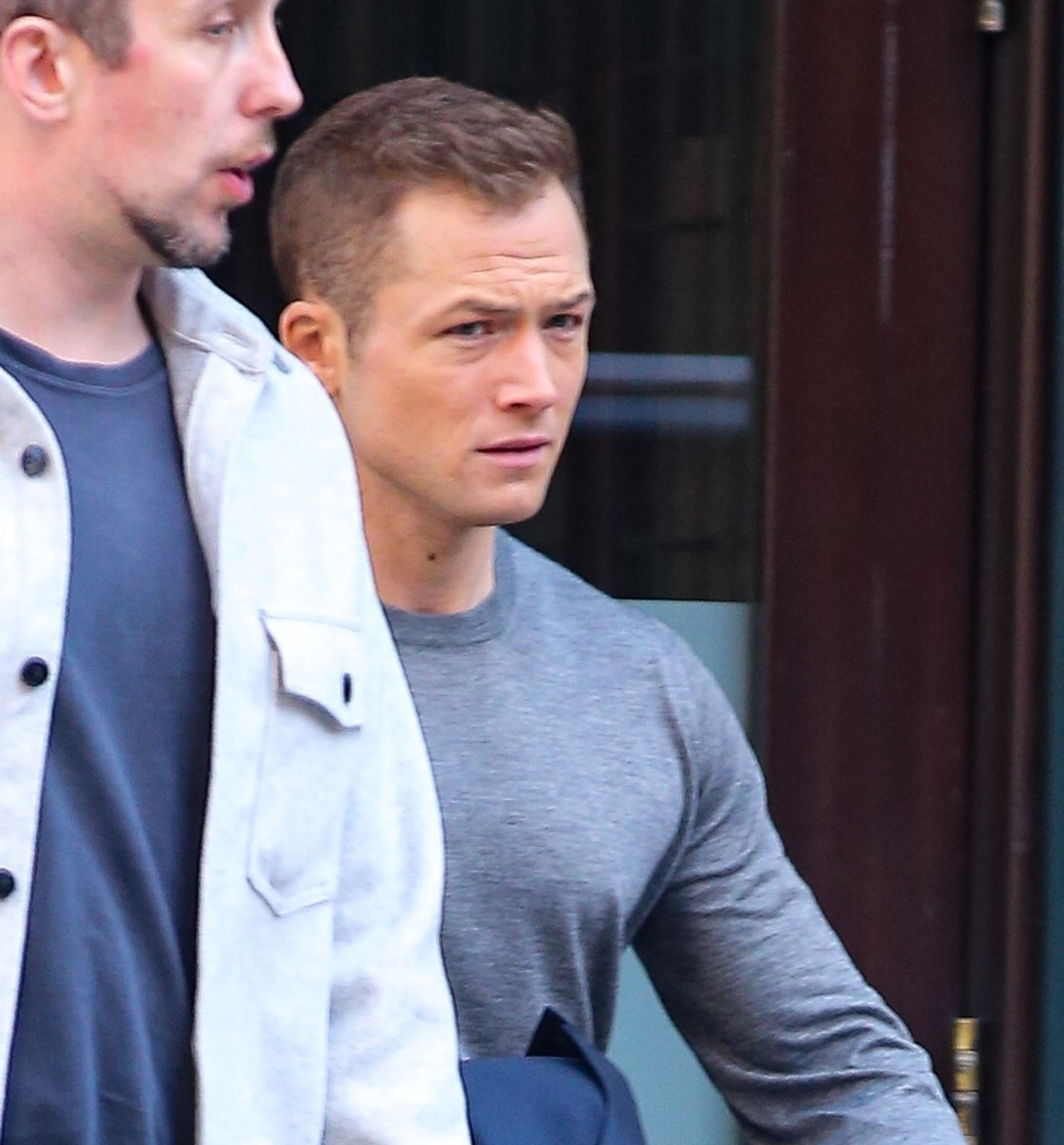Taron Egerton in Tetris



A movie about a brand should not be this good, but Tetris is REALLY good. Tetris tells the true(ish) story of how a colorful salesman struck the deal of a lifetime to get Tetris, one of the most popular games of all time, out of the USSR and into the Game Boy, and thus into the hands of millions of players around the world. Taron Egerton stars as Henk Rogers, a Dutch born, New York raised, Tokyo-dwelling video game developer in the 1980s who finds himself embroiled in a complicated plot to make a deal with the Soviet state entity that controls Tetris, a wildly popular video game at the dawn of the digital age.
Of course, we all know Tetris now, but the film, written by Noah Pink and directed by Jon S. Baird, makes a point of reminding us of the fascination of video games in the early years, and that the appeal of Tetris was both its complexity as a puzzle, and its simplicity as an interface. The addictive quality of Tetris is its selling point when Henk spots the game at a Las Vegas conference and plays it for a few minutes, realizing it is the “perfect game” he’s been waiting for. Henk is himself a failing game designer, and one of the smartest decisions Tetris makes is positioning Henk as an underdog going up against titans of industry (even though he is backed by Nintendo, itself a titan of the industry).
Everything is going wrong for Henk. His own game, an 8-bit version of Go, is a loser. His software company is on the brink of failure, threatening to take his whole family down with it, as his wife is the company’s CFO, which means she would be out of a job, too, if they fail. Tetris provides hope, though, after Henk secures the licensing rights for the Japanese market from Mirrorsoft, a UK-based software company ultimately owned by Robert Maxwell (Roger Allam, in elaborate and eerily precise prosthetics), owner of, among other things, the Mirror Group Newspapers (and Ghislaine Maxwell’s father, which does not come up in the film at all). In the late 1980s, Tetris is a mess of licensing deals across “personal computers” and arcade games, all controlled by Robert Stein (Toby Jones), who was the man who first brought Tetris out of the USSR. But Henk throws a spanner in the works when he finds out about Nintendo’s upcoming hand-held device, the Game Boy. Seeing a new market for which no one has rights—yet—Henk takes off to the USSR to secure the hand-held rights for Nintendo.
Taron Egerton is great as the scrappy Henk, playing him as a kind of savant, smart enough to see the potential of Tetris, to understand the underlying coding and how to improve it, but dumb enough to think he can walk into the USSR and make a handshake deal for a product worth billions. Henk knows if Nintendo sells the Game Boy with Tetris, they’ll appeal to a broad, all ages market, he knows Tetris will be more fun if players can eliminate multiple rows of blocks at once. He does not, however, seem to know that the USSR is on the brink of collapse and that foreigners can’t just walk in and not be treated hostilely, he seems surprised at every turn by how skeptical, shady, and/or threatening everyone in Russia is.
The only nice person Henk meets in Russia is Tetris creator Alexey Pajitnov (Nikita Efremov), a computer dork who knows his game is a winner and yet also knows he won’t see a dime of the profits being argued over in a series of increasingly back-stabbing negotiations. (The co-creator of Tetris, Vladimir Pokhilko, is erased from the narrative.) The second smartest decision Tetris makes is positioning Henk and Alexey’s Soviet hijinks as a kind of buddy comedy, the two unlikely heroes at the center of what is, essentially, a spy thriller. Tetris moves with the freneticism of an action movie, with ever-rising stakes, multiple betrayals, surprise reveals, and a last minute, deeply improbable car chase that flips in and out of live-action photography and a charming, 8-bit render. (Lorne Balfe’s game-inspired score is also very good.)
Tetris invests so much in Henk and the various relationships he forms while trying to navigate a deal for Nintendo, that the film becomes less a history and more an underdog tale about this bumpkin in ugly suits—even though it’s clear Henk is very smart, Egerton plays him with big “gee whiz” energy—trying to survive the threats, both implied and explicit, of the Soviet machine. He just wants to get his faxes and make his deal! Egerton’s charm carries the film effortlessly, buoyed by the strong ensemble cast and a combination of utterly repellant antagonists, from a creepy KGB politico (played with oily menace by Igor Grabuzov), to Maxwell and his weaselly son, Kevin (Anthony Boyle). It’s amazing how much you will legitimately care about these nerds and their little papers and getting their little faxes and signing their little agreements in time. Tetris is a movie about CONTRACT NEGOTIATIONS and it’s incredibly entertaining.
Tetris is now streaming on Apple TV+.








